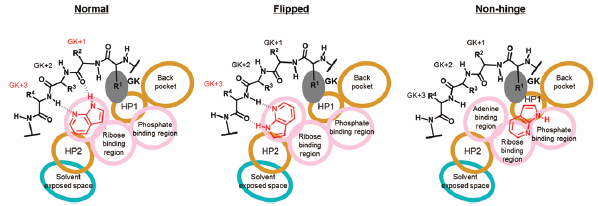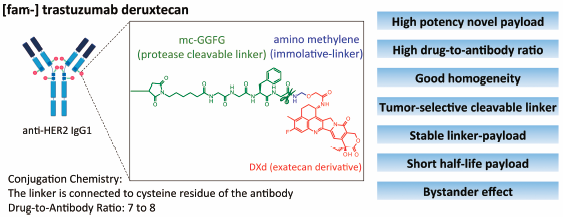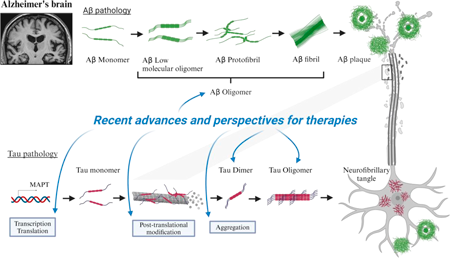Chemical and Pharmaceutical Bulletin
The Pharmaceutical Society of Japan,
established in 1880, is one of Japan’s oldest and most distinguished academic
societies. The Society currently has around 15,000 members. It publishes three
monthly scientific journals. Chemical and Pharmaceutical Bulletin
(Chem. Pharm. Bull.) began publication in 1953 as Pharmaceutical Bulletin.
It covers chemistry fields in the pharmaceutical and health sciences. Biological
and Pharmaceutical Bulletin (Biol. Pharm. Bull.) began publication in
1978 as the Journal of Pharmacobio-Dynamics, which then merged the Journal of
Health Science, another former Society’s journal, in 2012. It covers various
biological topics in the pharmaceutical and health sciences. Yakugaku
Zasshi (Japanese for “Pharmaceutical Science Journal”) has the longest
history, with publication beginning in 1881. Yakugaku Zasshi is published
mostly in Japanese, except for some articles related to clinical pharmacy and
pharmaceutical education, which are published in English.
The main aim of the Society’s journals is
to advance the pharmaceutical sciences with research reports, scientific
communication, and high-quality discussion. The average review time for
articles submitted to the journals is around one month for first decision. The
complete texts of all of the Society’s journals can be freely accessed through
J-STAGE. The Society’s editorial committee hopes that the content of its
journals will be useful to your research, and also invites you to submit your
own work to the journals.
Chairman of Committee
Hidehiko Nakagawa
Graduate School of Pharmaceutical Sciences, Nagoya City University
Read more
Chairman of Committee
Hidehiko Nakagawa
Graduate School of Pharmaceutical Sciences, Nagoya City University
Published by
The Pharmaceutical Society of Japan
28,510 registered articles
(updated on February 11, 2026)
(updated on February 11, 2026)
Online ISSN : 1347-5223
Print ISSN : 0009-2363
ISSN-L : 0009-2363
Print ISSN : 0009-2363
ISSN-L : 0009-2363
1.3
2024 Journal Impact Factor (JIF)
2024 Journal Impact Factor (JIF)
JOURNAL
PEER REVIEWED
OPEN ACCESS
FULL-TEXT HTML
Scopus Pubmed J-STAGE Data
Scopus Pubmed J-STAGE Data













